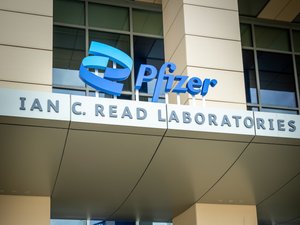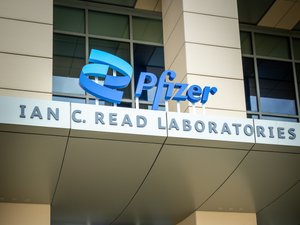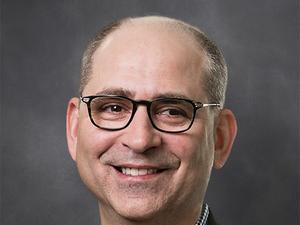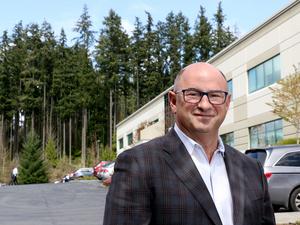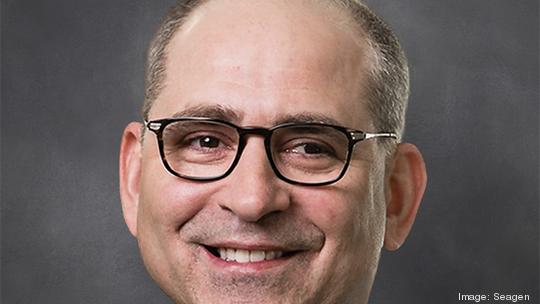
Bothell-based biotech Seagen Inc. will continue growing its employee headcount even after its planned $43 billion acquisition by pharmaceutical giant Pfizer Inc.
Seagen CEO David Epstein said the company has about 3,300 employees and plans to add to that total this year. He added that the deal was appealing to Seagen because of the reach and resources Pfizer can provide the smaller company.
"There are people with cancer worldwide, in every country in the world. Seagen operates the U.S. We operate in Canada. We operate in western Europe, and that's it," Epstein said. "There's a whole wide rest of the world that we would have had to build resources just to enter, and (Pfizer) already has the presence, the skills and the commercial organization."
Epstein said Pfizer has more chemists to tackle some of the ideas Seagen is targeting, and Seagen isn't limited in how many trials it can run with the added resources of Pfizer.
Chris Boshoff, chief development officer for Pfizer's oncology and rare disease business, said acquiring Seagen will boost the company's oncology business. He added that Pfizer plans to use the revenues gained from its Covid-19 vaccine to take on the battle against cancer.
In addition to its Bothell headquarters and a facility in the Bay Area, Seagen is building a 270,000-square-foot biomanufacturing facility in Everett set to open next year. Epstein said Seagen plans to keep those facilities despite the planned sale and doesn't have further real estate plans in the works right now.
Epstein, a former executive at the Swiss pharmaceutical company Novartis, took over as Seagen's CEO in November. Seagen's former CEO and co-founder Clay Siegall resigned in May following an arrest on suspicion of domestic violence. Siegall faces no criminal charges stemming from the arrest.
Epstein said the company was not looking for a sale when he took over, and that he was charged with building a global oncology leader. After meeting with Pfizer, however, Epstein said Seagen realized the impact it could have with Pfizer's resources.
New York City-based Pfizer generated $100.3 billion in revenue last year. Its oncology business generated $12.1 billion. Seagen, meanwhile, generated $2 billion in 2022 and expects to generated about $2.2 billion this year. Seagen, founded in 1998 as Seattle Genetics, could hit over $10 billion in revenue in 2030, according to Pfizer.
Both company's boards have approved the deal, but Seagen shareholders still need to approve it. The acquisition also needs regulatory approval. Last year, Pfizer acquired Global Blood Therapeutics and Biohaven Pharmaceutical.
Pfizer has 24 approved cancer medicines but would gain four more with Seagen, which has treatments aimed at Hodgkin lymphoma and bladder, breast and cervical cancer.
Boshoff said Pfizer is excited to grow its presence on the West Coast with Seagen. The company already has a presence in the Bay Area and La Jolla, California. According to Epstein, the acquisition would elevate the Seattle area's status as a biotech hub.
"There's a real opportunity here, I think, with Pfizer coming in that the Seattle area becomes an even more attractive place for biotech," Epstein said.
